Did you know that rejection hurts like physical pain to our brains? A scientific study confirms how harsh words can hurt you as much
It is not possible to show emotional wounds but the pain and its impact are always more than that of physical wounds. The most common form of emotional pain is rejection. In this social media age, we feel rejected very often. It can be fewer followers on Instagram or friends not collaborating on your tweets or unmet dating needs and any other petty issue.
Just like we experience pain when physically broken, our brain treats rejection and other emotional pain as physical pain. It means rejection not just hurts, but it literally hurts.
Related: Emotional Muscle Memory: How To Release Painful Emotions Trapped In Your Body
Rejection Hurts Like Physical Pain: Brain Study Confirms
In breakthrough research by scientists at the University of Michigan, results showed that the human brain processes social rejection and associated pain similar to physical pain.
To investigate this phenomena, Dr David T.Hsu along with his team tested 18 people. They conducted the brain tests and personality analysis of the participants.
According to the results, those with high mental resilience were found to have higher natural painkiller activations than those with poor resilience in their character. These results indicate that some people are born with higher natural pain killer dosage to embed in their neurology.
Further to examine how rejection works on the brain, the participants were shown pictures of good looking adults on the website. They were asked if they found anyone attractive and noted the responses. Later these participants were informed that people they found attractive were not actually interested in them.
This session was followed by a PET scan to figure out the impact of rejection on the participants. The mu-opioid system of the brain was found to release painkillers similar to what happens when a person is physically injured.
Opioids released during physical injury help us cope up with the pain. A similar process takes place when a person is undergoing emotional distress.
Related:How Your Emotions Are Causing You Physical Pain, Science Explains
When mu-opioid is released, it triggers the amygdala (a part of the brain that processes the strength of the emotion) and the pregenual cingulate cortex (a region of the brain that determines the change in your mood in response to rejection).

self-reported distress. (B) Increased activity in the right ventral prefrontal cortex (RVPFC) during exclusion relative to inclusion correlated negatively with self-reported distress. The results suggest that RVPFC regulates the distress of social exclusion by disrupting ACC activity.
(Source: Eisenberger, N.I., Lieberman, M.D. and Williams, K.D., 2003. Does rejection hurt? An fMRI study of social exclusion. Science, 302(5643), pp.290-292.)
Rejection Hurts Like Physical Pain
Dr Hsu observed the personalities of the participants and tested if people with higher resilience released more opioids in the amygdala during social rejection. The results suggested that opioid release in this structure during a negative social experience may be protective or adaptive.
Related: 10 Types of Physical Pain Indicating Emotional Problems
The more your brain releases opioids during social distress, the more you are capable of recovering quickly or fully or possibly have a greater experience of pleasure that people experience when socially accepted.
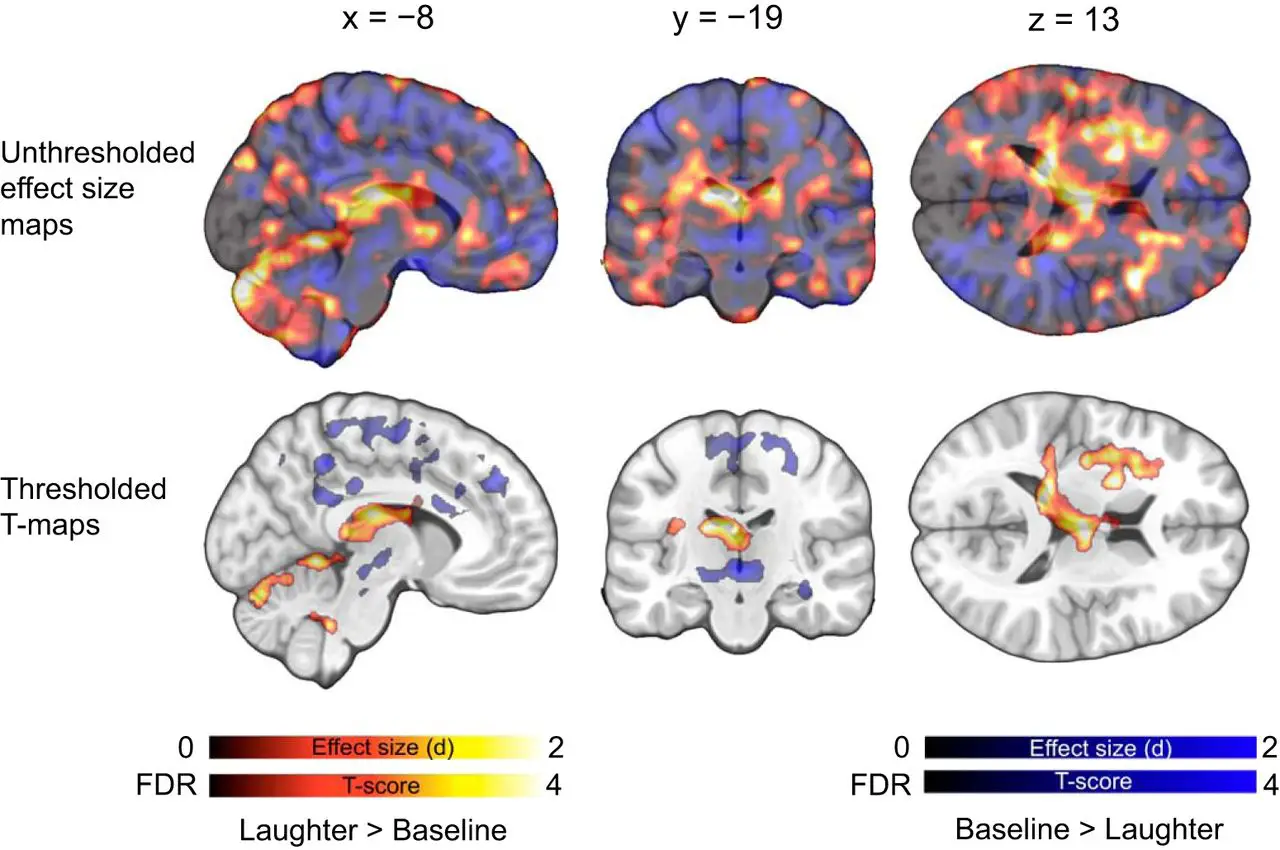
(Source: Manninen, S., Tuominen, L., Dunbar, R.I., Karjalainen, T., Hirvonen, J., Arponen, E., Hari, R., Jääskeläinen, I.P., Sams, M. and Nummenmaa, L., 2017. Social laughter triggers endogenous opioid release in humans. Journal of Neuroscience, 37(25), pp.6125-6131.)
Why Rejection Hurts So Much: Rejection Physical Pain
As per the research results, it may be possible that people struggling with anxiety, depression or negative emotions have the lower capability to release opioids during social rejection than those without depression and anxiety.
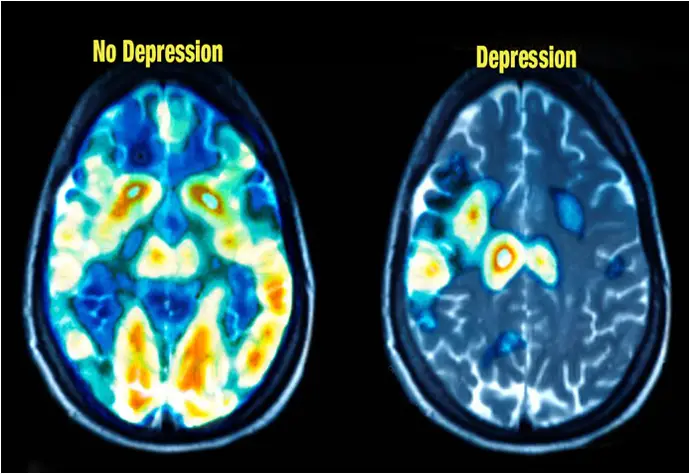
The Brain Treats Rejection Like Physical Pain: Rejection Trauma Symptoms
Lower opioids released means a longer time to recover from social distress and shorter scope of gaining pleasure from social support as those who get more opioids in the pregenual cingulate cortex.
It means personality traits like resilience also play a great role in how people process pain. Not all human beings have the same natural pain-killing response. Because those releasing opioids in high amounts can better deal with rejection and its pain than those releasing lesser amounts of opioids. It means depending on the degree of resilience some people are stronger or you can say have more adaptive or hone more protective ability.
Although it is clear from the research results that the brain treats rejection like physical pain, it doesn’t mean the brain processes emotional pain and physical pain identically.
Related:The Spiritual Meanings Behind Physical Aches, Pains And Illnesses
The chain of reaction and cascade events are more or less the same. The brain releases mu-opioid both during physical and emotional injury.
“This is the first study to peer into the human brain to show that the opioid system is activated during social rejection,” Dr. Hsu said.
This wonderful research is a way to further investigate depression, anxiety, and if opioids could be an effective treatment option for people. Thus, new opioids could be developed in the future to help people experiencing mental and social distress.
If you enjoyed reading, leave a comment below and share the post with your friends.
Related video about how the brain treats rejection like physical pain:
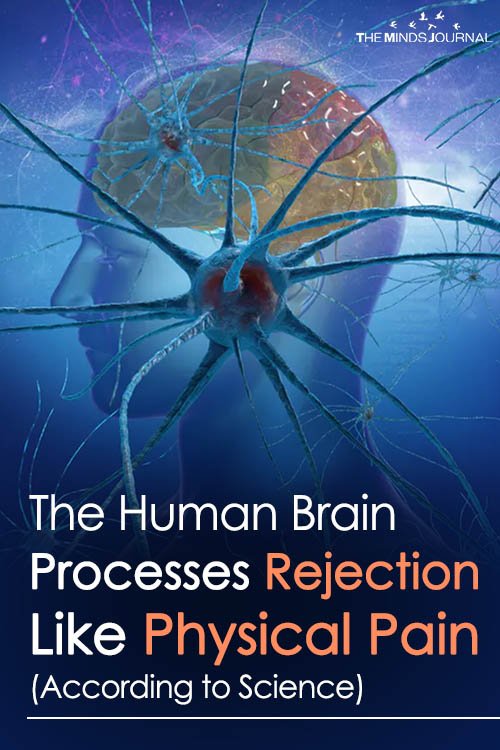
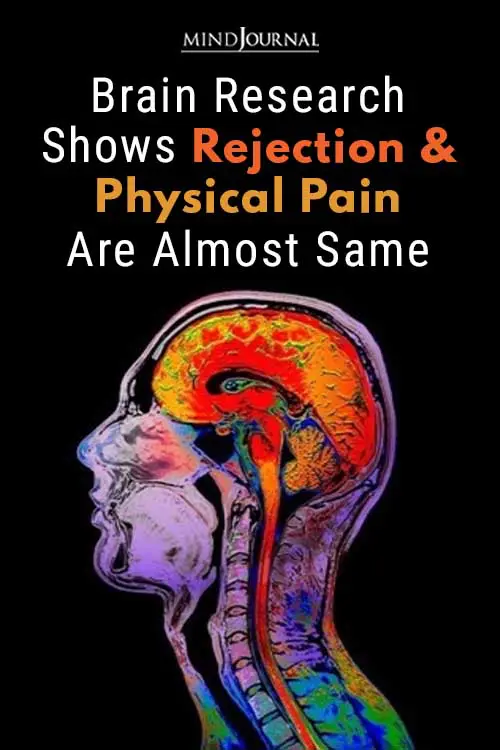
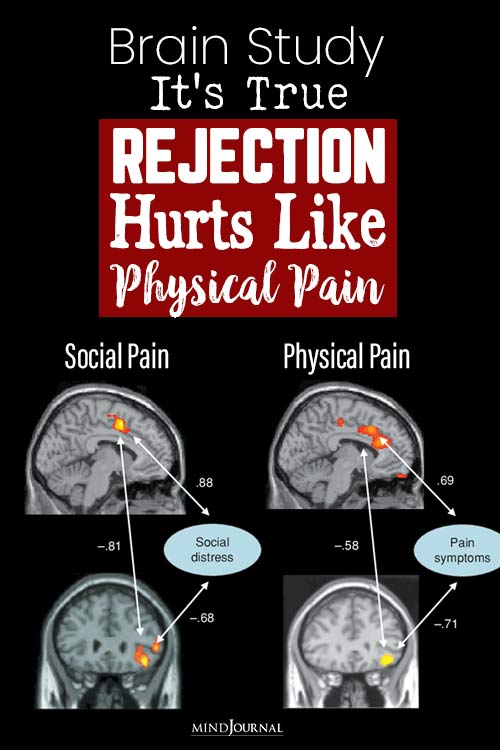
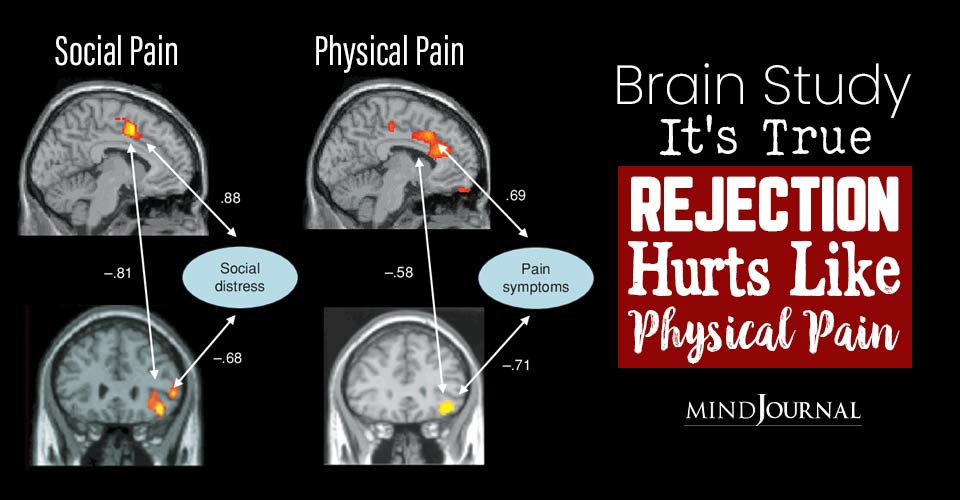

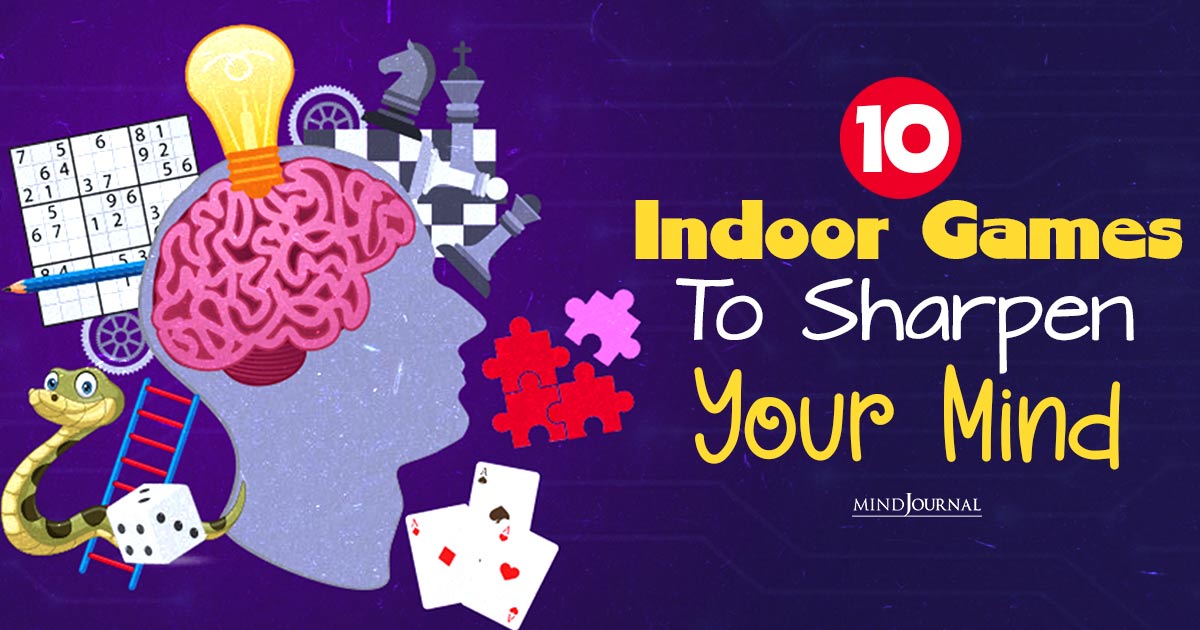
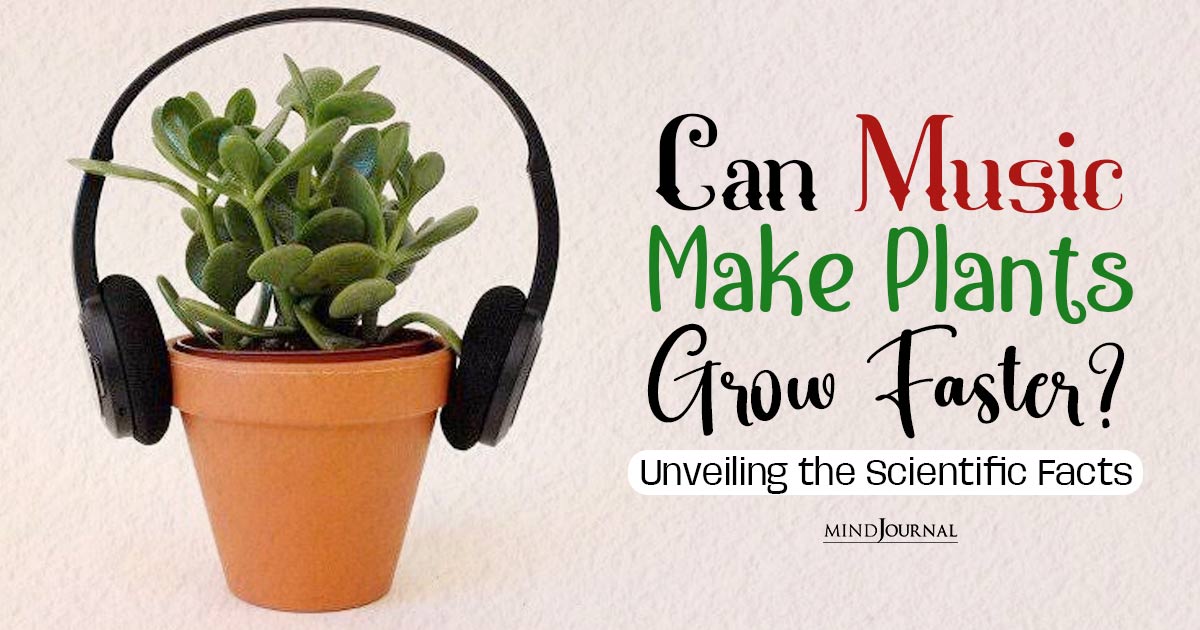
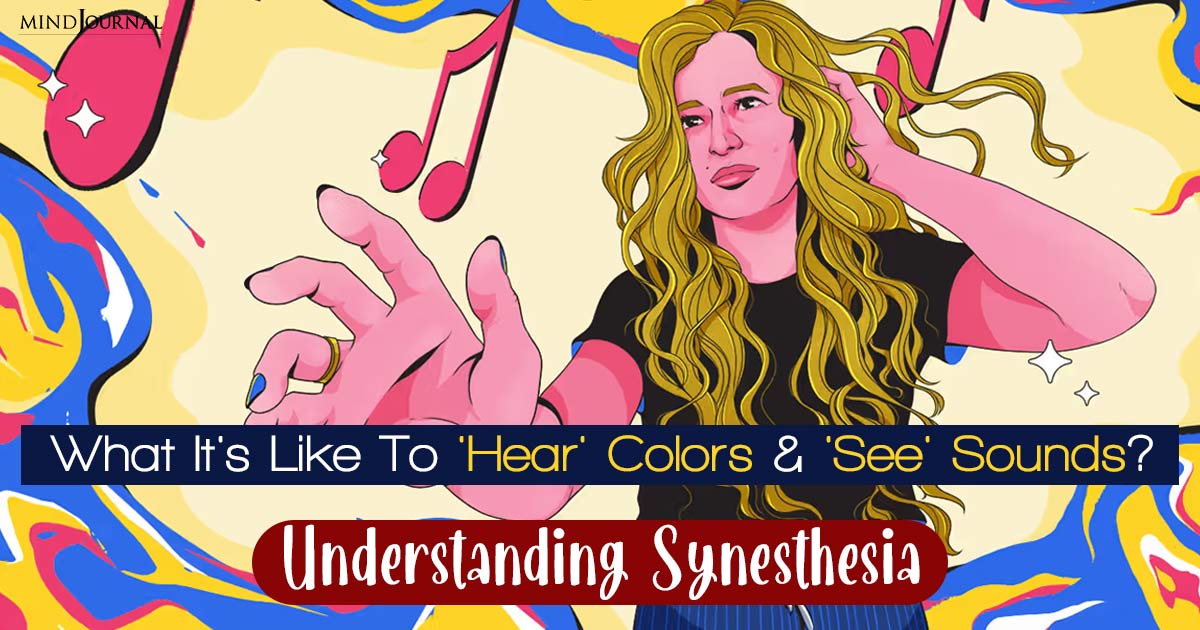



Leave a Reply
You must be logged in to post a comment.